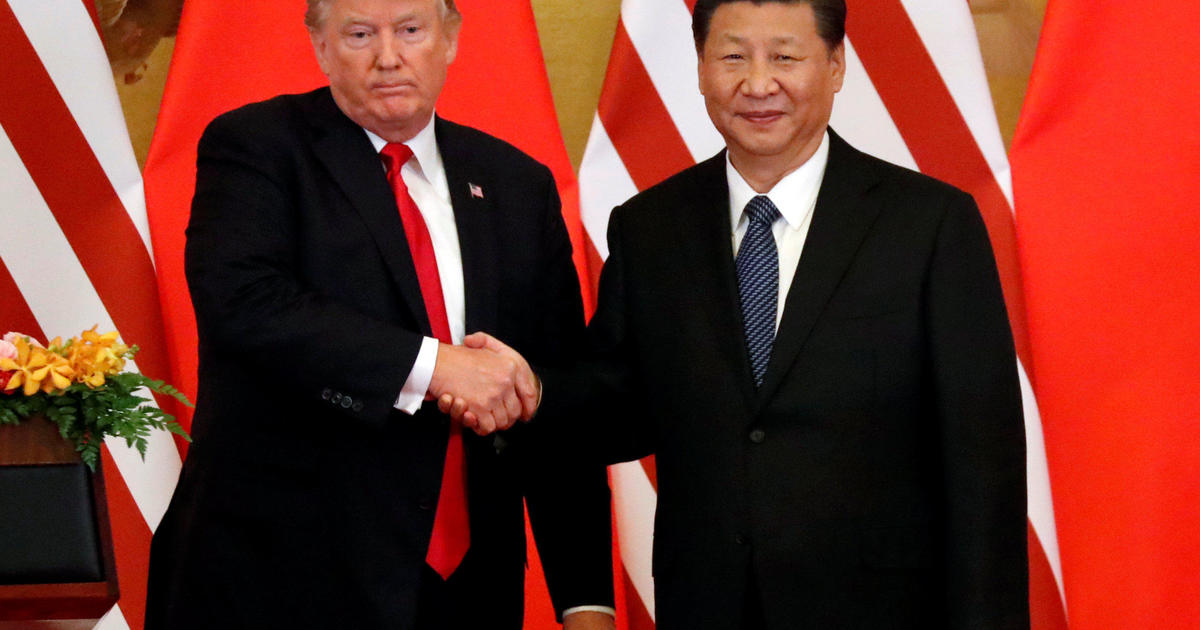
China said Saturday that it would boost purchases of American goods and services and work to reduce the trade deficit, though it did not commit to a specific dollar amount. The announcement came in a joint statement from the United States and China following trade negotiations this week.
“There was a consensus on taking effective measures to substantially reduce the United States trade deficit in goods with China,” the statement said. “To meet the growing consumption needs of the Chinese people and the need for high-quality economic development, China will significantly increase purchases of United States goods and services. This will help support growth and employment in the United States.”
The statement singled out agriculture and energy exports. It also acknowledged the need to protect so-called “intellectual property,” a key issue for American businesses worried about losing competitive technology.
But the statement left out specifics. “The United States will send a team to China to work out the details,” it said.
China sells the U.S. $375 billion more in goods than it buys. Reports in recent days indicated that China would increase purchases by $200 billion.
China had downplayed that number and some U.S. economists said it would be tough for American businesses ramp up production to meet that goal, given that the U.S. is already well into an economic expansion. Sales to China could merely mean not selling to other countries, the New York Times reported.
Still, the statement continues an easing of tensions. In April, the Trump administration threatened some $150 billion in tariffs on imports from China, which quickly countered with a tariff threat of its own, targeting U.S. farmers in particular.
Beijing this week dropped an anti-dumping investigation into imported U.S. sorghum, which it had accused the United States of unfairly subsiding, according to the Associated Press. It has also given approval for a U.S. private equity firm to buy Toshiba’s memory chip business.
And President Trump has said he’d be willing to ease up pressure on ZTE, a Chinese telecom that the U.S. sanctioned for doing business with Iran and North Korea. Those sanctions had crippled the company. Though earlier this week when asked if trade talks would be successful, Mr. Trump responded, “I tend to doubt it.”
© 2018 CBS Interactive Inc. All Rights Reserved.

